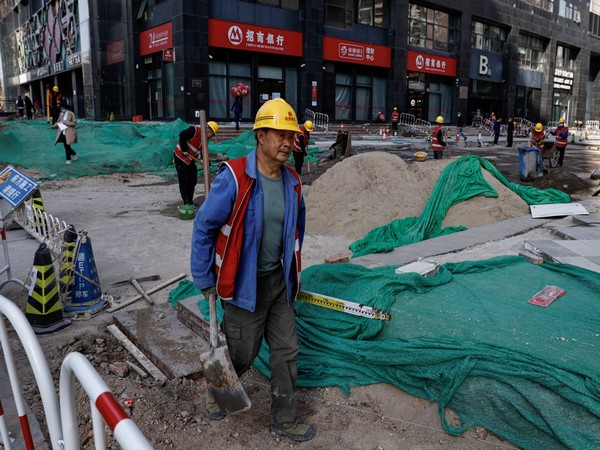China's Economic Slowdown Drives Exodus from Regional Cities
China faces an employment crisis, especially in cities like Shenyang. Economic slowdown leads workers to seek better opportunities abroad or in larger cities, causing significant workforce depletion in regional areas.

- Country:
- China
China is grappling with a troubling exodus of workers from regional cities, particularly Shenyang, due to sluggish economic growth, according to a report by Nikkei Asia. Between April and June, the nation's employment sector took a severe hit, with Shenyang witnessing a noteworthy departure of its labor force as job opportunities and domestic demand dwindled.
Among those affected is Zhang, a taxi driver from Liaoning province, who is contemplating relocating to Singapore for better employment prospects. 'I can't survive in my hometown like this,' Zhang said. His sister, employed as a maid in Singapore, earns double his monthly income of 7,000 Yuan (USD 960), making it difficult for him to afford his daughter's schooling and daily expenses.
'I want to save money to make the trip abroad but have to use my savings to survive now. It would be nice if there were good jobs in my hometown, but there are none. That's why young people are leaving town one after another,' Zhang expressed. Another Shenyang native, now earning 20,000 yuan a month in Guangzhou, cited the low job salaries in Shenyang as the reason he never returned post-graduation.
The economic disparity between major and regional cities in China has been exacerbated by the real estate sector downturn. Small cities, often reliant on real estate, are struggling more than ever to sustain employment. January to March data indicates Shenyang's average monthly salary was 7,726 yuan, starkly lower than Guangzhou's 11,026 yuan. This wage gap has widened by 50% over the past five years, leading to an aging population in regions like Liaoning, where 17.4% of residents are 65 or older per 2021 statistics.
Residents of working age, unable to find stable jobs, resort to frugal living, often in family homes or elderly care centers. Cafes in Shenyang offer meals at low prices for seniors, but even younger individuals frequent these establishments to save money. This paints a bleak picture of the current socio-economic landscape in regional China.
(With inputs from agencies.)










